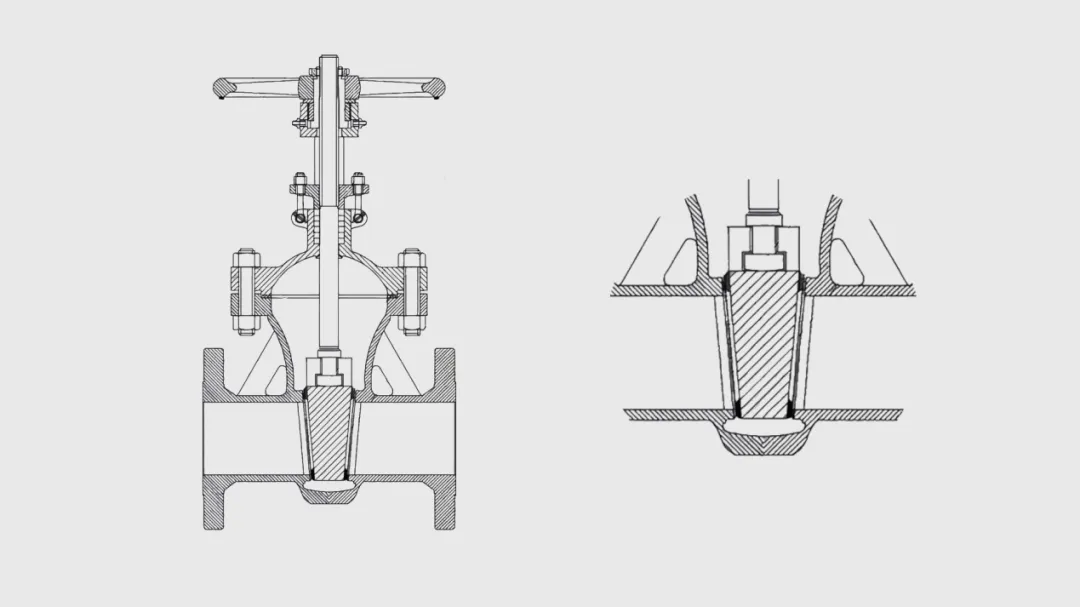solenoid valve 110v
Understanding 110V Solenoid Valves A Comprehensive Overview
Solenoid valves are vital components used in various industrial and residential applications. They function as electrically controlled valves that manage the flow of liquids or gases. Among the myriad types available, the 110V solenoid valve is particularly notable for its efficiency and reliability, making it a popular choice across multiple sectors.
What is a Solenoid Valve?
A solenoid valve operates by using an electromagnetic solenoid to mechanically open or close the valve. When electrical current flows through the solenoid coil, it generates a magnetic field that pulls a plunger to open the valve. When the current is switched off, a spring returns the plunger to its initial position, closing the valve. This on-off functionality allows for precise control over flow rates and pressure in various applications.
The Importance of Voltage
The designation of 110V refers to the voltage at which the solenoid valve operates. This is particularly common in North America, where 110-120V is the standard for household electrical systems. Understanding the voltage specifications is crucial for ensuring the compatibility of the solenoid valve with the existing electrical infrastructure. Operating a solenoid valve outside its designated voltage range can lead to inefficiency, malfunction, or damage.
Applications of 110V Solenoid Valves
110V solenoid valves are widely used in numerous applications, including
1. Irrigation Systems Automated irrigation systems utilize solenoid valves for water delivery and management. The 110V option allows homeowners to easily integrate these systems into their existing electrical setups. 2. HVAC Systems In heating, ventilation, and air conditioning applications, solenoid valves regulate the flow of refrigerant or hot water, thereby improving system efficiency and comfort.
3. Industrial Equipment Many types of machinery in manufacturing processes depend on solenoid valves for precise flow control of gases and liquids, ensuring safety and operational efficiency.
4. Water Treatment In water filtration and treatment systems, solenoid valves enable the regulation of chemicals and water flow, contributing to better water quality management.
Benefits of Using 110V Solenoid Valves
solenoid valve 110v

The advantages of incorporating 110V solenoid valves into a system are abundant
- Ease of Use The integration of a 110V valve is straightforward for most residential electrical systems, facilitating installation and reducing setup time.
- Cost-Effectiveness These valves are generally more affordable compared to larger, high-voltage alternatives, making them an economical choice for both small-scale and large-scale applications.
- Reliability Solenoid valves are well-known for their durability and long life, particularly when used within their specified voltage ranges. A 110V solenoid valve is engineered to withstand common wear and tear associated with everyday use.
- Energy Efficiency Operating at 110V can often lead to lower energy consumption compared to higher-voltage models, contributing to overall sustainability within a system.
Choosing the Right Solenoid Valve
When selecting a 110V solenoid valve, several factors should be considered
- Medium Compatibility Ensure that the valve is suitable for the specific fluid or gas it will control, as some materials may corrode or degrade over time.
- Flow Rate and Pressure Ratings Different applications require different specifications. Choose a valve that can handle the necessary flow rates and pressure without compromising performance.
- Electrical Specifications Verify that the solenoid valve matches the electrical supply and meets any safety standards required by local regulations.
Conclusion
110V solenoid valves play a crucial role in modern automation, offering a blend of efficiency, reliability, and ease of use. Their applications span multiple industries, demonstrating their versatility and importance in controlling fluid dynamics. By understanding their features and benefits, users can make informed decisions that enhance their systems’ performance and longevity. Whether for home irrigation, HVAC systems, or industrial machinery, a 110V solenoid valve can be a valuable investment in ensuring smooth operational workflows.
-
The Key to Fluid Control: Exploring the Advantages of Ball Valves in Industrial SystemsNewsJul.09,2025
-
The Versatile World of 1, 2, and 3 Piece Ball ValvesNewsJul.09,2025
-
Stainless Steel Ball Valves: The Ideal Choice for Efficient Flow ControlNewsJul.09,2025
-
Optimizing Fluid Control with Ball Float ValvesNewsJul.09,2025
-
Manual Gate Valves: Essential for Control and EfficiencyNewsJul.09,2025
-
Everything You Need to Know About Butterfly ValvesNewsJul.09,2025
-
The Versatility of Wafer Type Butterfly ValvesNewsJul.08,2025




